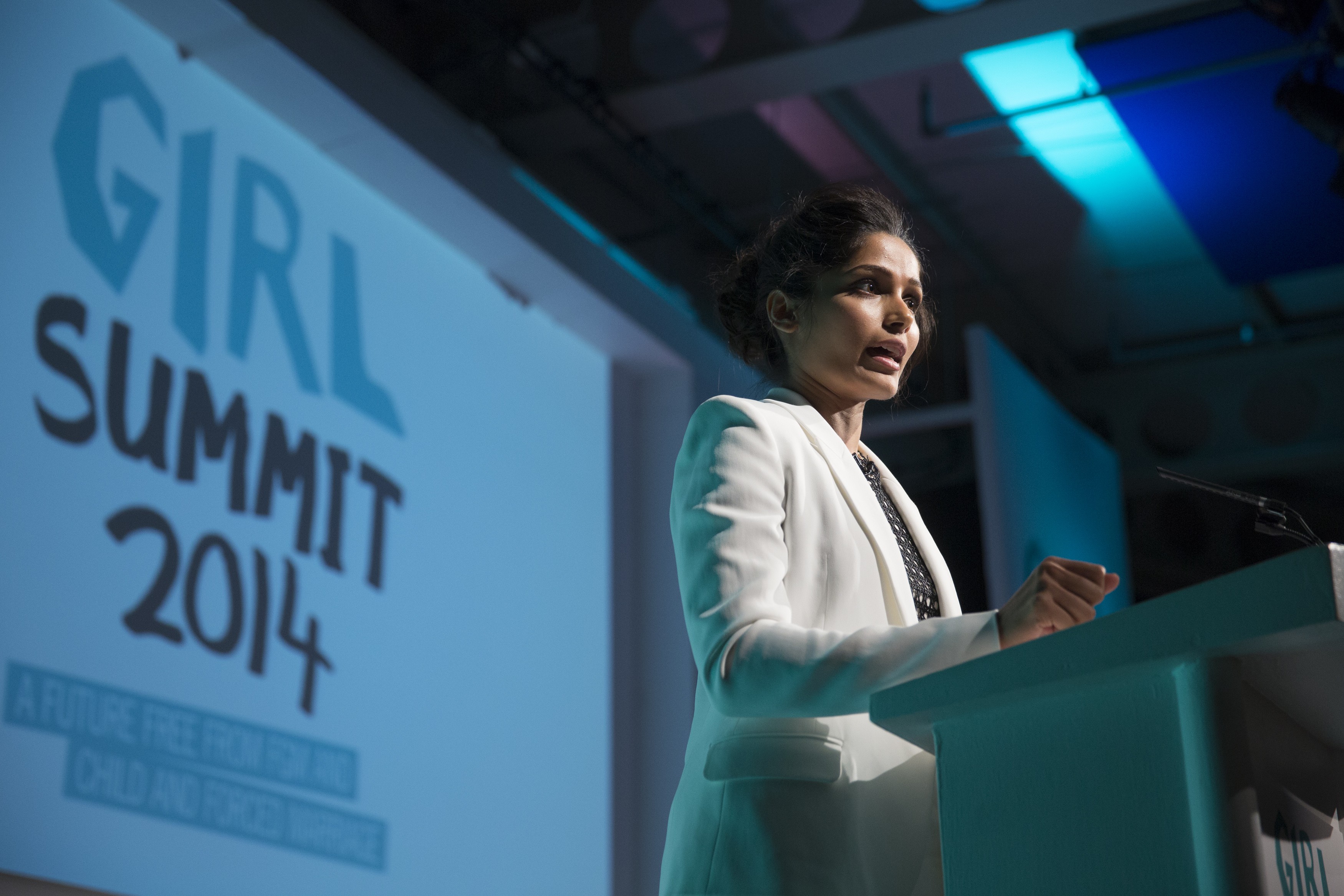Selfie diplomacy. Trolling. Emoji diplomacy. There are many examples of injecting humour into digital activity. But digital diplomacy also has a serious role to play. Global injustices, human rights abuses, and humanitarian crises now have access to a platform and voice that wasn’t possible before the digital revolution.
#FreedomIs exemplifies how digital can be leveraged to effect change on a global scale.
The subjugation of young girls and women is at the top of the agenda for many governments, NGOs and community leaders. Millions of young girls and women are still prevented from the right to live a life free from violence and abuse. This includes being subjected to Female Genital Mutilation (FGM) and Early Child Forced Marriage (CEFM) – two firmly rooted cultural practices occurring in Sub-Saharan Africa, the Middle East, South Asia and parts of Europe.
According to UNICEF, approximately 15 million girls are married before the age of 18 every year. The UNFPA reports that child marriage is a key driver of adolescent childbearing; 90% of adolescent pregnancies in the developing world are to married girls, and as a result, complications during childbearing is the second leading cause of death among girls aged 15 to 19. UNICEF also estimates that at least 200 million girls and women living across 30 countries have undergone FGM. The practice occurs as early as infancy until late adolescence. In Somalia, 98% of the female population between 15 and 49 have experienced FGM.
In July 2014, the UK – led by then Prime Minister David Cameron, the Department for International Development (DFID), and the Home Office – joined forces with UNICEF to host the first ever Girl Summit. The aim of the Summit was to mobilise international and domestic efforts to end CEFM and FGM within a generation.
‘#Freedom Is’ – recognised as the first ever Insta-documentary – was launched ahead of the Summit and rallied support for millions of young girls and women around the world. During the short film, the question ‘’what does freedom mean to you?’’ was posed to Instagram users around the world, along with a request for submissions of 10 second clips with their answers. The documentary featured activists, celebrities, and officials, as well as victims and survivors who bravely shared their personal stories. The video also highlighted alarming statistics around both practices, which helped to compel and convince viewers of the need for immediate action.
The documentary has been viewed over 155,000 times on YouTube and Instagram, and was shared on Twitter and Facebook by high profile accounts like UNICEF, UN Women, Girl Summit, the UK Prime Minister, DFID and the Home Office. This meant it was accessible by millions around the world. Prominent activists and girls’ rights campaigners like Nimco Ali and Malala Yousafzai were also relied on to support the #FreedomIs movement and raise the Summit’s profile.
The documentary reached a range of audiences and sparked dialogue across the digital world. It encouraged people to pressure their governments to pledge an end to FGM and CEFM. One year on, the impact of the digital campaign isclear: legislation has been changed, a £1.4 million FGM Prevention Programme was launched in partnership with NHS England, and an international charter calling for the eradication of these practices within a generation was created.
Social media has transformed the way governments and NGOs advocate and campaign. #FreedomIs showed us how social media can be used to mobilise entire nations in the fight against extreme abuses or injustices.
